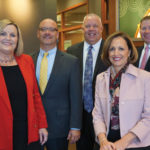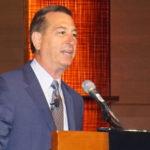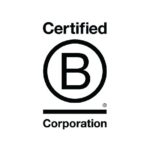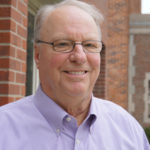Joseph Otting, the top regulator for the country’s national banks, still considers himself to be a banker. It’s an admission that explains the consternation voiced by Congressional Democrats and community groups when he was nominated to become the 31st Comptroller of the Currency. To the banking industry, however, Otting’s selection was idiomatic: Who better to understand the bottom-line impact of banking regulation than one who toiled under its weight?
Otting was sworn in as Comptroller on Nov. 27, 2017, and immediately set to work on his priorities: Reforming the Community Reinvestment Act; encouraging bankers to return to small dollar lending; reducing Bank Secrecy Act/Anti-Money Laundering compliance burden; and releasing the special purpose national bank charter for non-depository fintech companies. His priorities are informed by 30 years spent in banking, primarily on the West Coast.
His proposed reforms have captured attention, not all of it positive. The OCC’s plan for a special purpose national bank charter for fintechs, for example, prompted the New York State Department of Financial Services to file a lawsuit, calling the plan “ill-conceived.” The Conference of State Bank Supervisors, which represents regulators responsible for state banks, filed a lawsuit Oct. 25, saying the OCC is overstepping its authority.
On his goals to reform CRA, Otting said he’s been told he “needs his head examined.” Those words came from his friends. [Continue]








